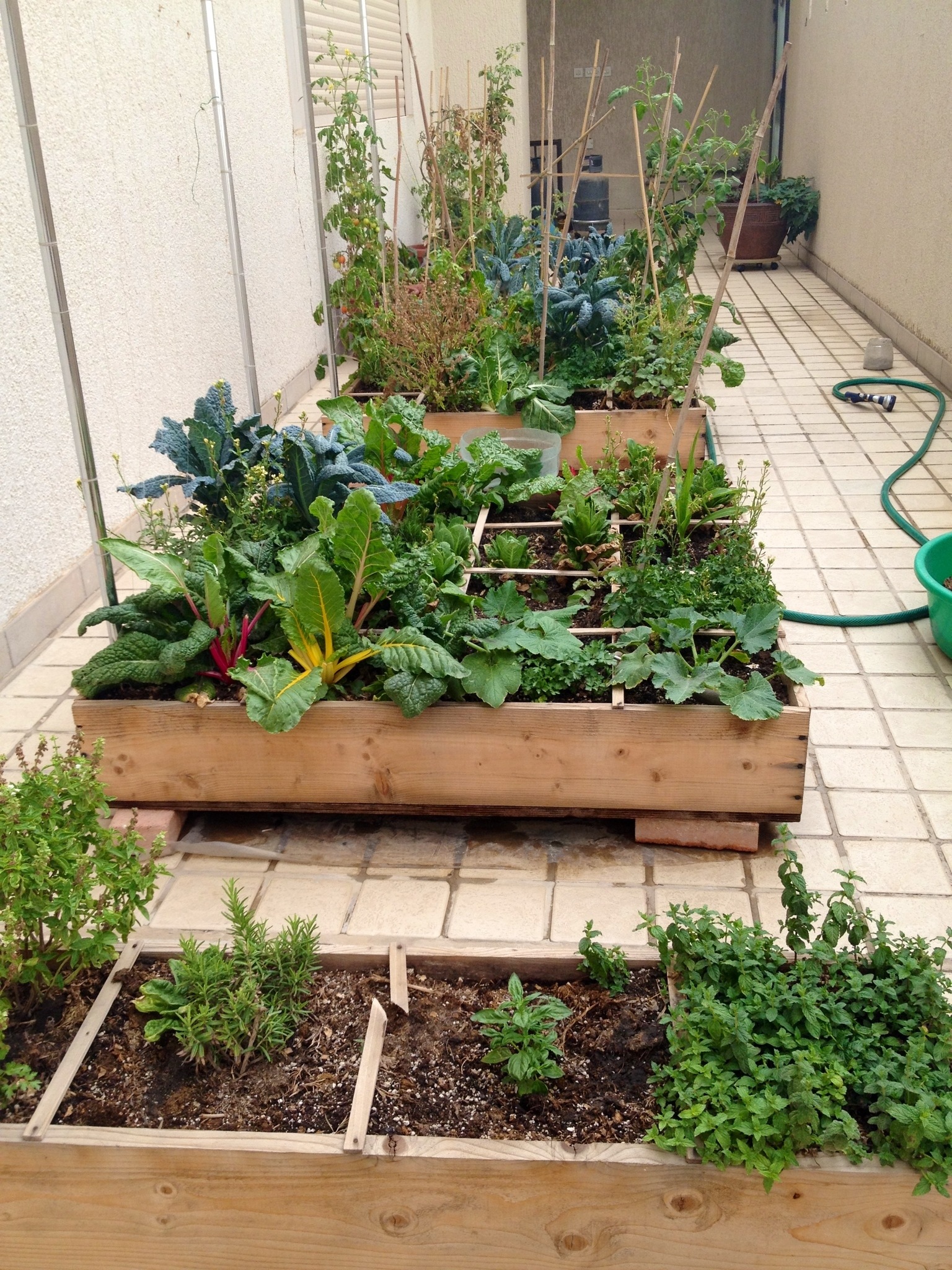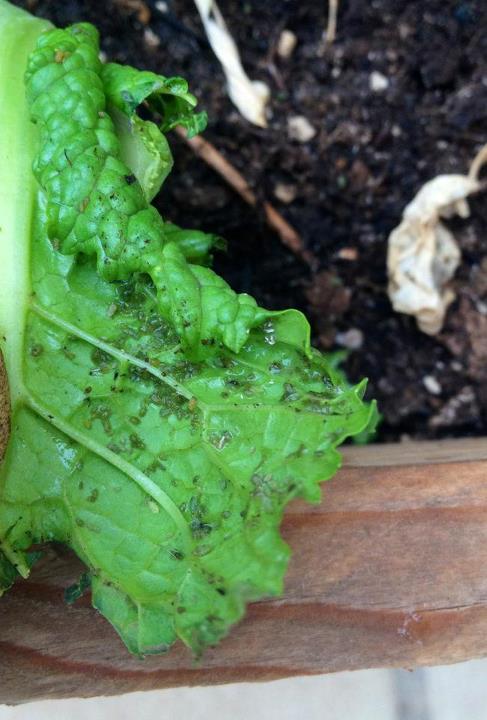
A reader's SFG experience




Its been an entire month since I've last blogged, here's what's been going on since my last post.. I came home after a painful two week break from my garden, expecting the worst, I found it relatively the same, except that the garden was very messy like a jungle; there were bamboo sticks everywhere and there was an aphid party that was going on on the underside of mustard leaves.

The person I left responsible did a great job taking care of the garden, except when it came to actually turning over the leaves and checking under them. This is why it is very important to look under the leaves.  All of the leafy greens were still doing great, basil seed pods were ready to harvest so I removed the plants and started collecting seeds
All of the leafy greens were still doing great, basil seed pods were ready to harvest so I removed the plants and started collecting seeds 


If you want to grow something super fast, radishes are for you, these things are ready to harvest in 25 days! And they need no special care, just pull them out when they start to pop out of the soil! They're great for the soil too..
For me, winter gardening has been all about leafy greens, I found that these do extremely well in our very cold winter! Things like Kale, spinach, rocket, Swiss chard, parsley, cilantro, carrots, mustard, and lettuce did really well! On the other hand, a lot of plants suffered from the cold nights, like tomatoes. If you had success with tomatoes this season, you're one lucky gardener! Tomatoes love sun and warmth, and there's been too little of both to keep tomatoes going. Basil plants suffered from the lack of sunshine too, this resulted in small leaves and premature bolting. 


 This control method only gets rid of the adults, the sticky tape can be found in ACE Hardware, to get the larvae, you can place pieces of raw potato on the soil surface and check it after around 5 hours, you should find the larvae of these flies eating the potato away, discard the potato piece and keep doing it and numbers should decrease. Fruitflies
This control method only gets rid of the adults, the sticky tape can be found in ACE Hardware, to get the larvae, you can place pieces of raw potato on the soil surface and check it after around 5 hours, you should find the larvae of these flies eating the potato away, discard the potato piece and keep doing it and numbers should decrease. Fruitflies  A major problem I've been having is that fruit flies have been laying eggs in my butternut squash, I've lost six fruit already, one day the fruit is nice and healthy, and the next I find a mushy dimple, and when I crack it open, I find larvae (white worms) feeding away inside. It's very hard to hand pollinate the flower then cover, I need to figure out a new organic way to protect my fruit, since the plant is growing too fast and over my very tall trellis.
A major problem I've been having is that fruit flies have been laying eggs in my butternut squash, I've lost six fruit already, one day the fruit is nice and healthy, and the next I find a mushy dimple, and when I crack it open, I find larvae (white worms) feeding away inside. It's very hard to hand pollinate the flower then cover, I need to figure out a new organic way to protect my fruit, since the plant is growing too fast and over my very tall trellis. Im worried this might happen to my zucchini fruits once they start forming, if I cover the plants, bees won't have access to pollinate the flowers. Whiteflies
Im worried this might happen to my zucchini fruits once they start forming, if I cover the plants, bees won't have access to pollinate the flowers. Whiteflies  These are the worst pests in the garden, they like a lot of plants including tomatoes and squash plants, if they're found on the underside of leaves, you must control them immediately as they cause serious damage. Whiteflies and they're nymphs (the young whiteflies) suck on the sap of the leaves, causing the spread of viruses, yellowing leaves, and stunted growth, they spread very fast so one must control them quickly. The yellow sticky tape works for adults, so does insecticidal soap, and horticultural oil.
These are the worst pests in the garden, they like a lot of plants including tomatoes and squash plants, if they're found on the underside of leaves, you must control them immediately as they cause serious damage. Whiteflies and they're nymphs (the young whiteflies) suck on the sap of the leaves, causing the spread of viruses, yellowing leaves, and stunted growth, they spread very fast so one must control them quickly. The yellow sticky tape works for adults, so does insecticidal soap, and horticultural oil.  I am also following a control method which is to place reflective mulch, in my case aluminum foil under the possible host plants. The foil disorients the flies and annoys/repels them. Leaf Miners
I am also following a control method which is to place reflective mulch, in my case aluminum foil under the possible host plants. The foil disorients the flies and annoys/repels them. Leaf Miners  I think most gardens in Kuwait have this problem around this time, leaf miners are a certain kind of fly that lays eggs inside the leaves, later having the larvae grow and feed inside the leaf creating squiggly lines in their trail. Its not a major problem if its a big strong plant, the correct control measure is to pick and discard the affected leaves, but I'm not about to sacrifice almost a foot-wide leaf for a few blemishes, I found a simpler way which is to squish the visible worm with the my fingers, it will die inside the leaf and will not make it as an adult, in return I will keep the leaf and it will recover quickly.
I think most gardens in Kuwait have this problem around this time, leaf miners are a certain kind of fly that lays eggs inside the leaves, later having the larvae grow and feed inside the leaf creating squiggly lines in their trail. Its not a major problem if its a big strong plant, the correct control measure is to pick and discard the affected leaves, but I'm not about to sacrifice almost a foot-wide leaf for a few blemishes, I found a simpler way which is to squish the visible worm with the my fingers, it will die inside the leaf and will not make it as an adult, in return I will keep the leaf and it will recover quickly.



